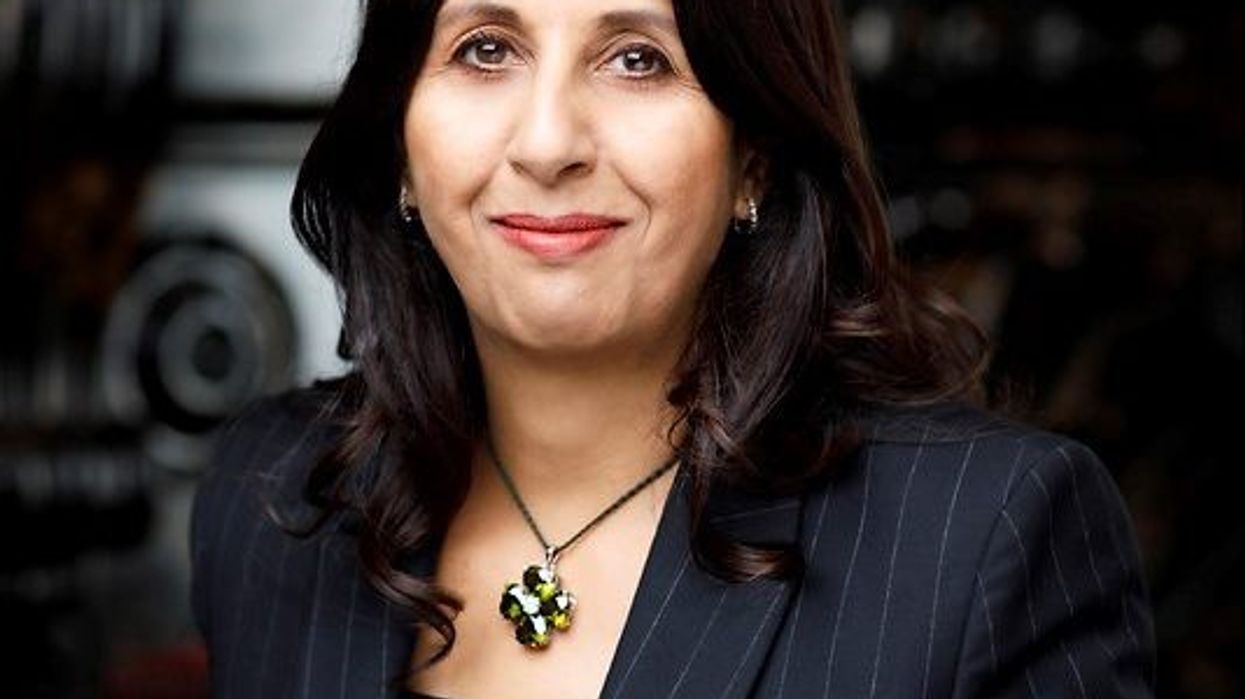All you need to know about bequeathing overseas estates or wealth
THE past 18 months have brought many things into sharp focus, including the importance of good health and the benefit of having a will in place so your assets are distributed according to your wishes, to your loved ones on your death.
Many Asian families living in the UK also hold property or land overseas. This can become complicated when a family member dies and can lead to disputes within families about who is entitled to which assets.
According to Which? magazine, JMW Solicitors saw a 111 per cent increase in contested wills between October 2020 and April 2021. However, only two per cent to four per cent actually make it to court.
It is a good idea to get your affairs in order, so it’s crystal clear who is in line to inherit what on your death.
What do I need to include in my will in order to consider my overseas assets?
First, the testator – the person named and signing the will – must decide where they are ‘domiciled’. Domicile is the jurisdiction which you are most closely connected to and where you intend to reside indefinitely.
Deciding this will affect how much inheritance tax is due on your death.
If you’re domiciled in the UK, your worldwide estate is subject to inheritance tax. If you’re not domiciled in the UK, only your UK estate is subject to inheritance tax.
It is prudent for the testator to take a careful approach when estate planning, especially in relation to property abroad, as there could be rules in the overseas country that could affect how the foreign property is dealt with, following your death.
Countries such as Spain, France, Germany and Saudi Arabia have ‘forced heirship’ rules, which restrict how the property you own in that country can be left to your heirs. There is no forced heirship regime in India, except for Muslims – who are governed by Islamic laws – and residents of the state of Goa.
England and Wales does not have a forced heirship regime, so you are free to decide who inherits your assets based here.
If you own foreign assets, you can approach your will in one of two ways. You could have a multi-jurisdictional will which deals with assets in more than one country, or have different wills dealing with the property in each jurisdiction to avoid local problems.
In any case, it’s a good idea to seek specialist advice so a co-ordinated strategy can be put in place.
What happens if my executor is based overseas?
If you’re making a will in the UK and wish to appoint executors overseas, you can do so. However, you should consider whether they are the best people to deal with your estate, if they are abroad when you die.
If you have more than one executor, there isn’t a requirement for them all to be involved in applying for a grant of probate. ‘Power reserved’ means that one executor can allow another executor to take on the administration of the estate, but they can reserve the right to take up their role as executor later, should there be any problems. This can be useful if any executors live overseas and aren’t able to be involved in the day-to-day business of the estate administration.
And what if the beneficiaries are overseas?
For beneficiaries based overseas, your will should be drafted in the same way as if the heir lives in the UK. Executors must be given the best chance of being able to locate the beneficiary after your death, regardless of where they live.
An up-to-date address for the beneficiary (in the UK or abroad) and a description of the heir (such as niece, nephew, son, daughter) can help executors identify who should receive the gift.
One thing is clear. If your will is going to have foreign elements, it is best to seek specialist advice. You can use the Find a Solicitor service on the Law Society website. See https://solicitors.lawsociety.org.uk/
Lubna Shuja is the vice-president of the Law Society of England and Wales1. She will become the first Asian president in October 2022 and the seventh female president when she takes office.
1. The Law Society: www.lawsociety. org.uk/public/for-public-visitors




